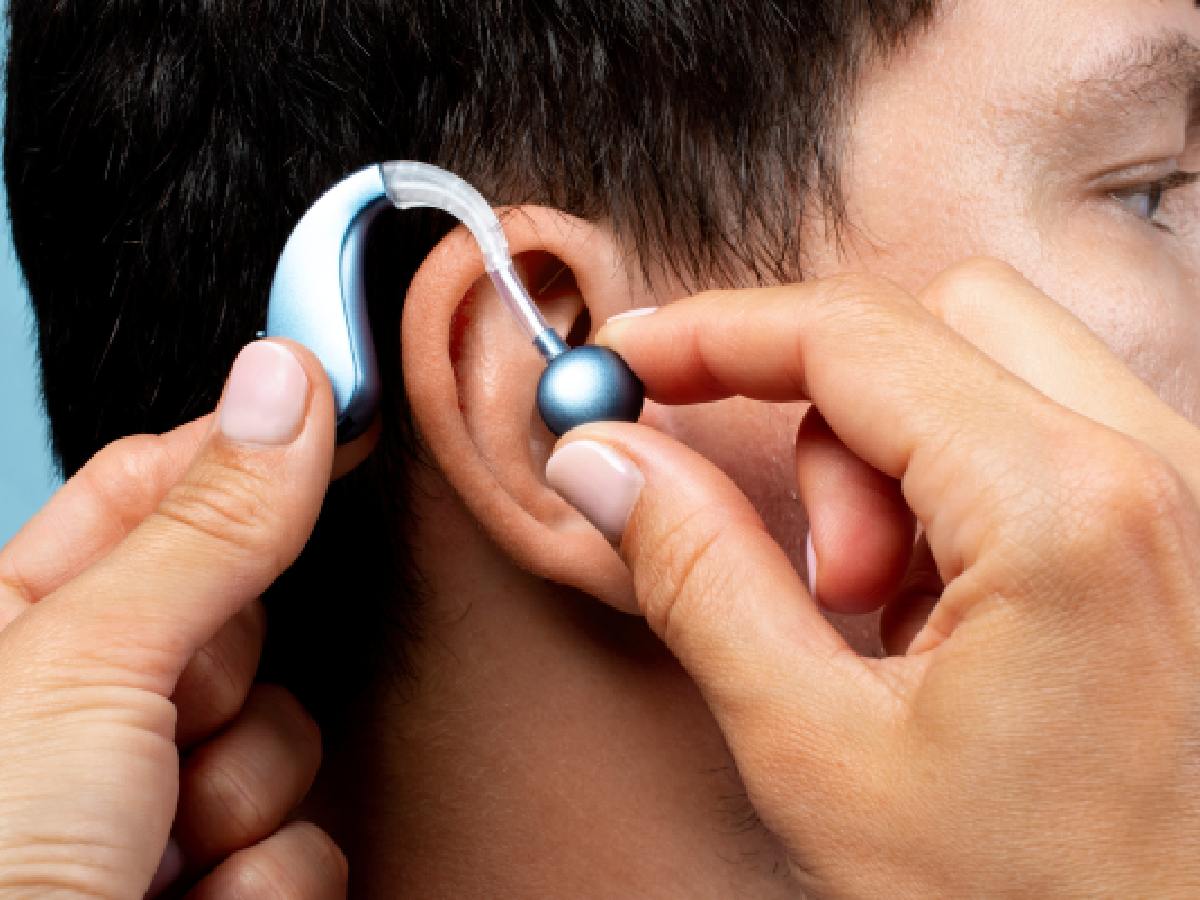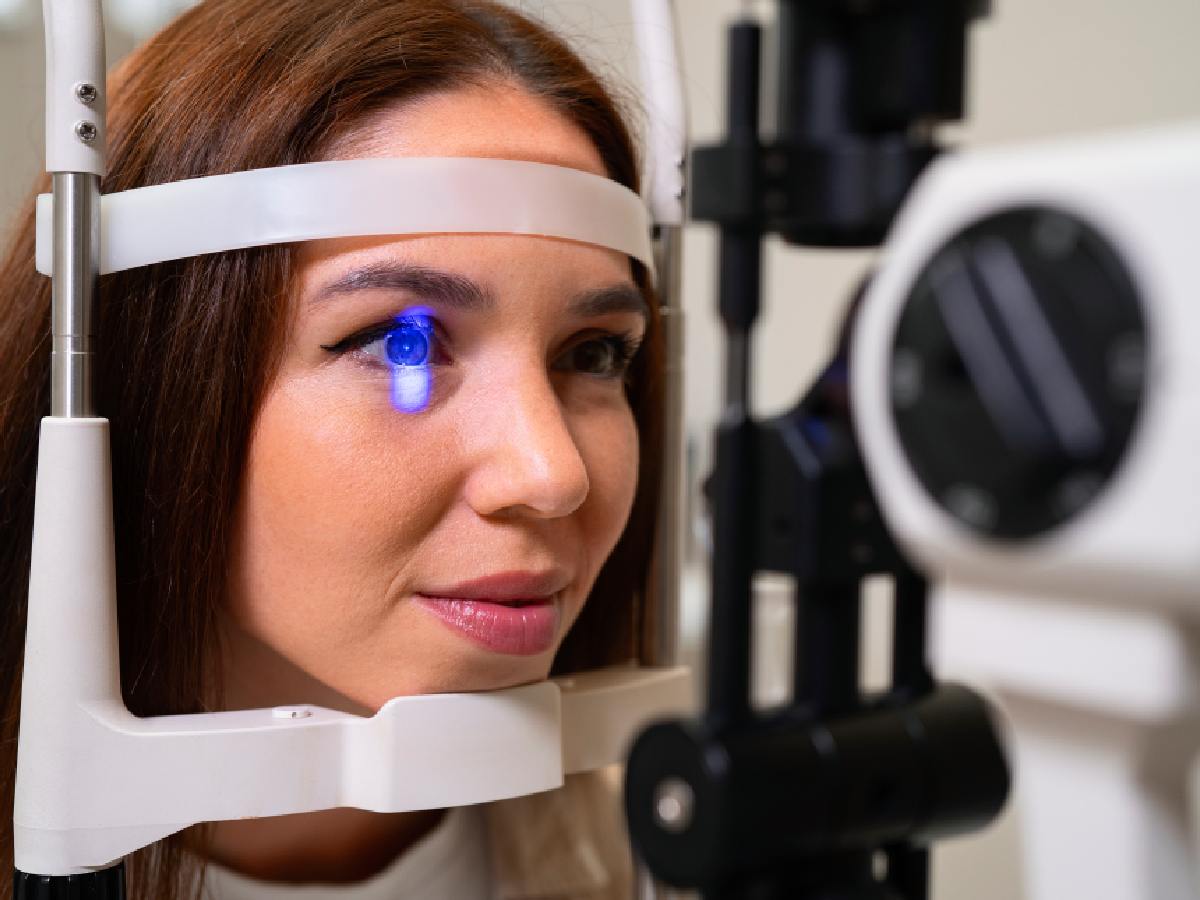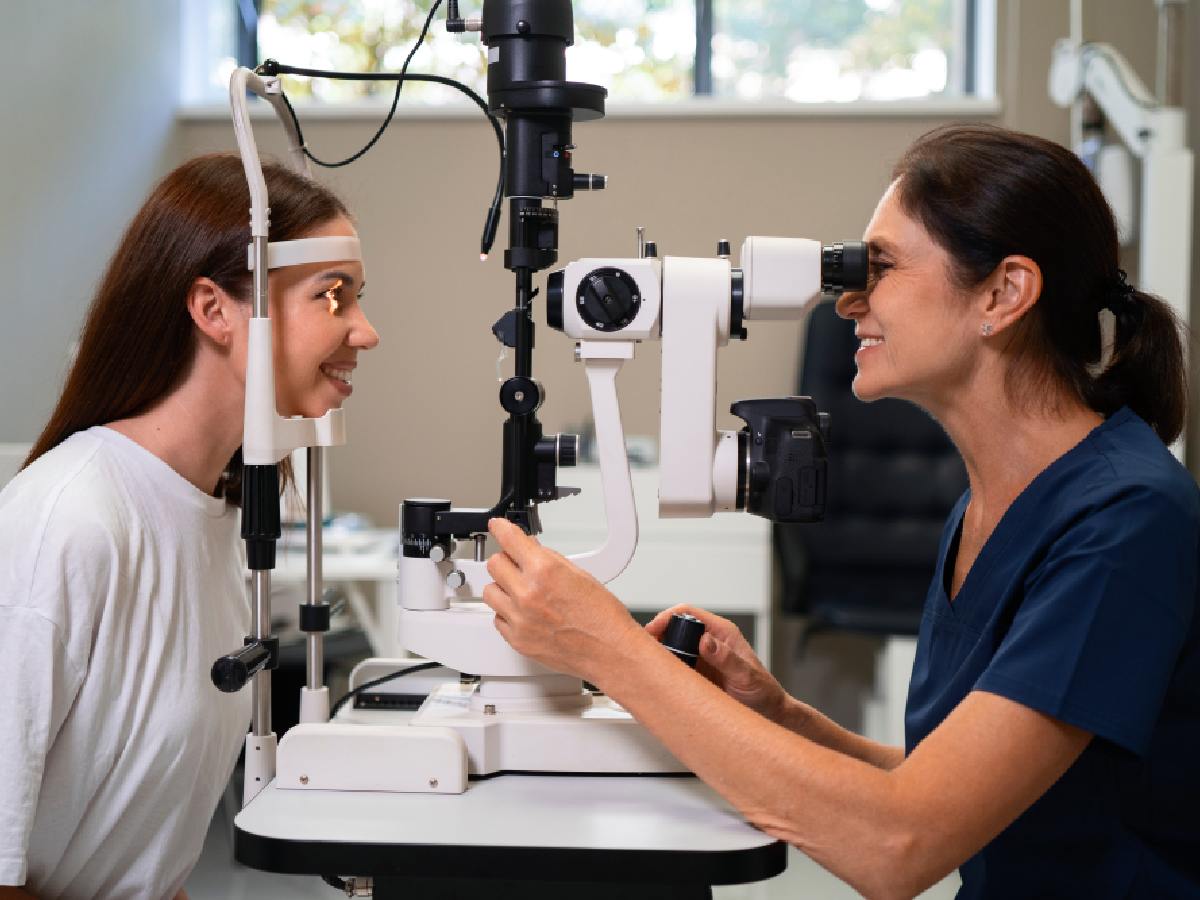ENT s Eye Care
Bringing Back the Joy of Senses — Sight and Sound Restored with Precision.

Cochlear Implant
Restores hearing in individuals with severe to profound sensorineural hearing loss.
- Procedure: An electronic device is implanted to bypass damaged inner ear cells and directly stimulate the auditory nerve.
- Candidates: Typically for those who receive limited benefit from hearing aids.
- Recovery: Hospital stay of 1–2 days; device activation after 2–3 weeks; auditory therapy follows.
- Risks: Infection, device failure, dizziness (rare).
Sinus C Ear Surgeries
Minimally invasive procedures to treat chronic infections or structural blockages.
- Common Procedures:
- FESS (Functional Endoscopic Sinus Surgery): for sinusitis
- Myringoplasty or Tympanoplasty: for eardrum repair
- Mastoidectomy: for chronic ear infections
- Benefits: Long-term relief from congestion, pain, and infections.
- Risks: Bleeding, changes in sense of smell, temporary hearing changes.


Cataract C LASIK Surgery
Restores vision clarity and corrects refractive errors.
- Cataract: Clouded lens is removed and replaced with an artificial intraocular lens (IOL).
- LASIK: Laser reshapes the cornea to correct nearsightedness, farsightedness, or astigmatism.
- Recovery: Vision improves within days; full clarity in 2–4 weeks.
- Risks: Dry eyes, glare, infection (rare with modern techniques).
Cornea C Retina Treatments
Advanced surgeries for conditions that threaten vision.
- Corneal Transplants (Keratoplasty): Replace damaged cornea with donor tissue.
- Retinal Detachment Repair: Laser, pneumatic retinopexy, or vitrectomy techniques.
- Other Treatments: Anti-VEGF injections for macular degeneration or diabetic retinopathy.
- Risks: Retinal tear, rejection in transplants, vision fluctuations.

